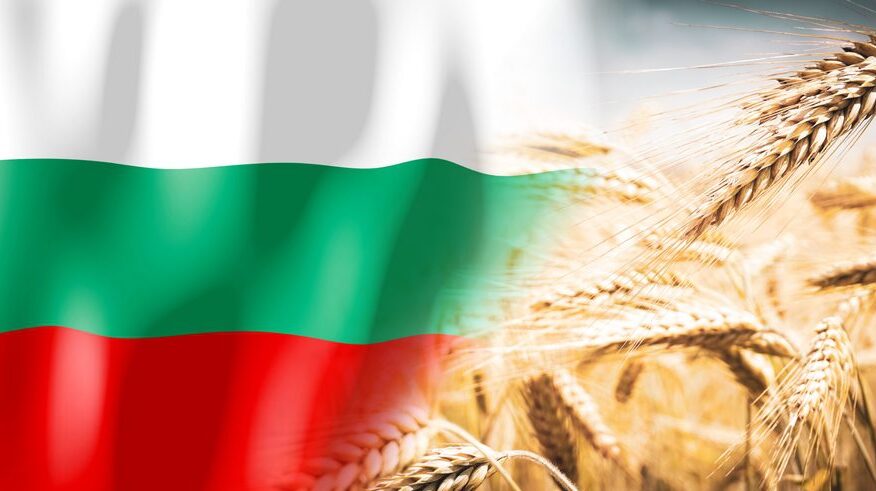
In the same week that Poland’s prime minister said Ukrainian agricultural imports would not be allowed back into the country at this time, Bulgaria announced that its ban is being lifted.
The EU’s ban on Ukrainian grain sales in Bulgaria, Hungary, Poland, Romania, and Slovakia, granted due to a good deal of pressure from these nation-states, is set to end on Friday, September 15th.
It still needs to be made clear how Warsaw will extend these restrictions, an option that appears all the more difficult now other countries are returning to previous arrangements.
Bulgaria’s parliament voted 124-69 on Thursday for a resolution to end the ban. It cited “solidarity with Ukraine” and the need to “guarantee food security on a global scale.”
Volodymyr Zelensky was quick to offer praise, writing in a post on Twitter (or “X”) that “Bulgaria sets an example of true solidarity.”
I am grateful to Bulgaria for its decision not to prolong restrictions on Ukraine’s agricultural exports after September 15th.
— Volodymyr Zelenskyy / Володимир Зеленський (@ZelenskyyUa) September 14, 2023
I thank PM Nikolai Denkov and his team, as well as Bulgarian parliamentarians who supported this move.
Bulgaria sets an example of true solidarity.
This comes across as much as praise for Sofia as it does criticism of the likely continued restrictions from Warsaw and elsewhere.
But it is worth noting that the context, of course, is different. Polish politicians are currently working ahead of next month’s elections to court national farmers who have been hit by high production costs as a result of the war in Ukraine. But reports from Bulgaria suggest that the recent embargo has actually caused difficulties for their many sunflower oil producers, who have complained of a shortage of seeds. Here, as is most often the case, the key lies in the national needs.
